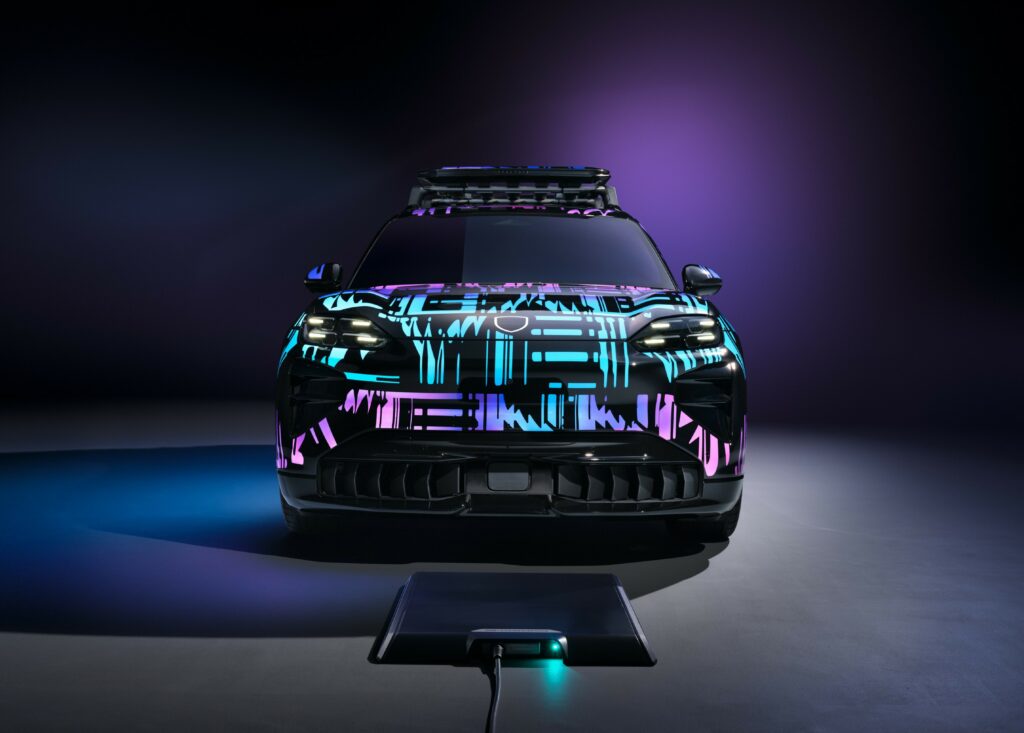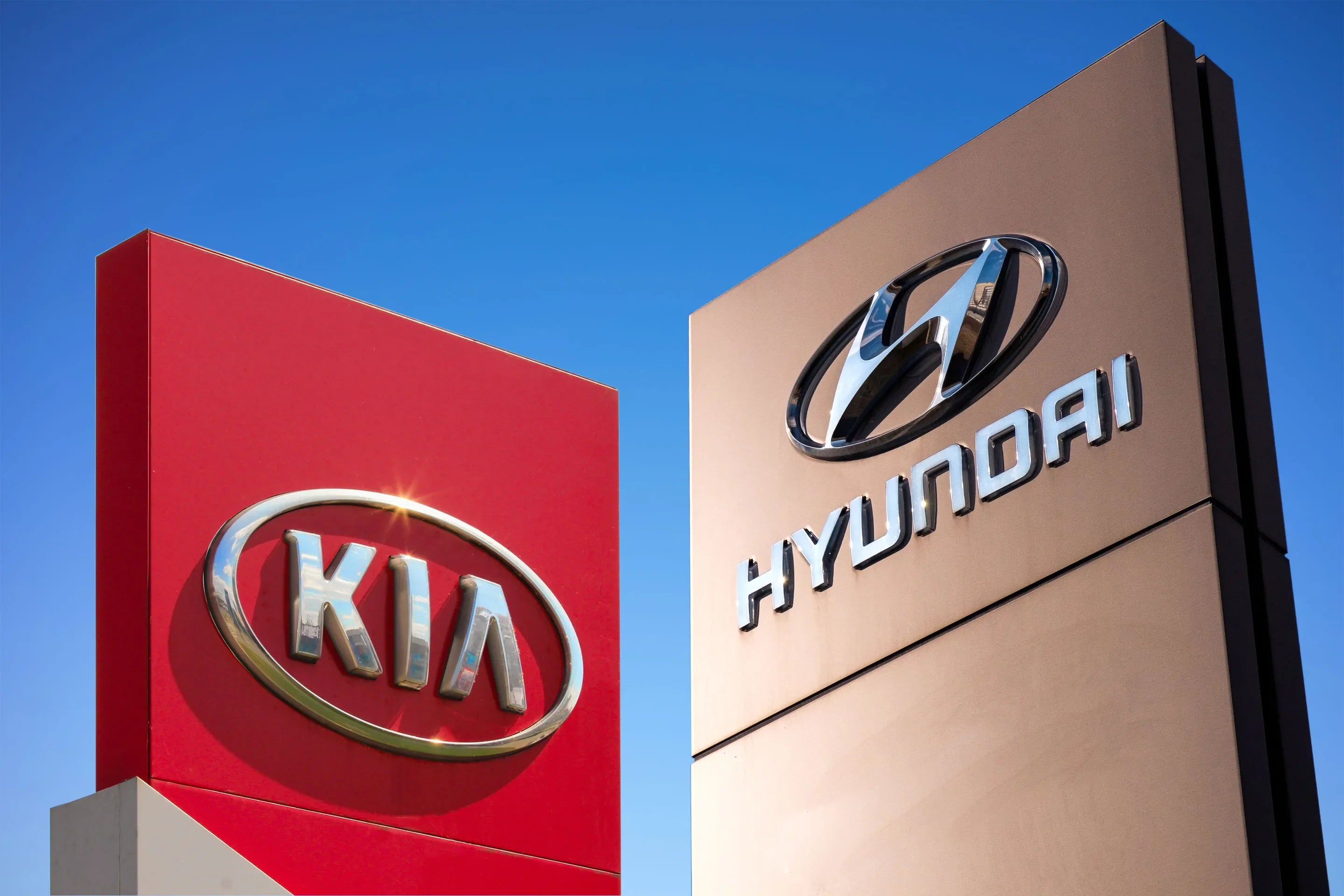As electric vehicles (EVs) become increasingly mainstream, understanding the interplay between battery capacity and charging speed has never been more important. Whether you're considering your first EV or optimizing your charging setup at home or on the road, matching your energy needs to your vehicle's capabilities is key to convenience, cost-efficiency, and long-term battery health.
Understanding Battery Capacity
Battery capacity, measured in kilowatt-hours (kWh), represents the total amount of energy an EV can store. It directly influences the driving range of the vehicle.
| Vehicle Type | Battery Size (kWh) | Typical Range |
|---|---|---|
| Compact EV | 30–45 kWh | 100–180 miles |
| Mid-size EV | 50–75 kWh | 180–270 miles |
| Long-range SUV/Sedan | 80–110 kWh | 280–400+ miles |
| Electric Truck | 110–200 kWh | 300–500+ miles |
The ideal battery size depends on several factors:
-
Daily driving distance
-
Vehicle weight and aerodynamics
-
Availability of charging infrastructure
If your daily commute is under 50 miles, even a compact EV may suffice. For road-trippers or drivers in remote areas, larger packs provide peace of mind and fewer charging stops.
Charging Speed: Power vs Practicality
Charging speed refers to the rate at which energy is delivered to the battery, typically measured in kilowatts (kW). The higher the kW rating, the faster the vehicle charges—up to the limit the EV and charger can handle.
Three Levels of Charging
However, charging speed is always limited by the lowest-rated component: your EV, the charging station, or the power source.
Vehicle Charging Limits
Every EV has a maximum charging speed it can accept:
-
Nissan Leaf: ~50 kW DC
-
Hyundai IONIQ 5: 230 kW DC
-
Tesla Model 3: 250 kW DC
-
Chevy Bolt: ~55 kW DC
If you plug a 55 kW EV into a 250 kW charger, you’ll still only get 55 kW. Thus, overpaying for ultra-fast stations may not benefit slower EVs.
How to Assess Your Needs
1. Daily Use Profile
If you drive less than 100 miles/day, you likely don’t need fast DC charging every day. A reliable Level 2 home charger may be more than sufficient.
2. Long-Distance Travel
Frequent highway users or travelers should prioritize vehicles with high battery capacity and fast-charging ability (150 kW+). This reduces downtime during road trips.
3. Time Availability
If you park overnight for 8+ hours, slower home charging is often ideal. But if you rely on quick top-ups throughout the day, speed becomes essential.
4. Local Grid and Infrastructure
Do you have access to 240V power at home? Are DC fast chargers available in your area? Infrastructure plays a key role in making the most of your EV’s capability.
Charging Speed vs Battery Health
While fast charging is convenient, excessive use can accelerate battery degradation over time. Experts recommend:
-
Using Level 2 chargers for routine charging
-
Limiting DC fast charging to long trips
-
Maintaining a charge range between 20–80% for battery longevity
Many modern EVs have built-in software to regulate charging behavior and protect battery health.
Choosing the Right Charger Setup
To match your EV’s charging needs, consider:
| EV Type | Ideal Charging Setup |
|---|---|
| Urban commuter (30–50 kWh) | Level 1 or basic Level 2 (3.6–7.2 kW) |
| Family car (60–75 kWh) | Level 2 (7.2–11.5 kW) home charger |
| Road trip EV (80–110+ kWh) | Level 2 + access to fast chargers (150–250 kW) |
| Fleet/commercial EVs | Dedicated high-speed DC infrastructure |
Don’t just buy the biggest charger—buy one that matches your vehicle’s max input and your lifestyle.
Final Thoughts
Balancing battery capacity and charging speed is essential for an efficient EV experience. Too little range can create anxiety, but too much may be unnecessary (and costly). Similarly, ultra-fast charging may sound attractive, but not all vehicles support it—and not all drivers need it.
By understanding your daily driving needs, EV specifications, and the local charging environment, you can make smart, future-proof choices that enhance convenience without overpaying.
Author: Lay Wen








Share:
How Far Does a IONIQ 5 Go on a Full Charge?
Best Electric Vehicles of July 2025: Range, Leasing and Incentives